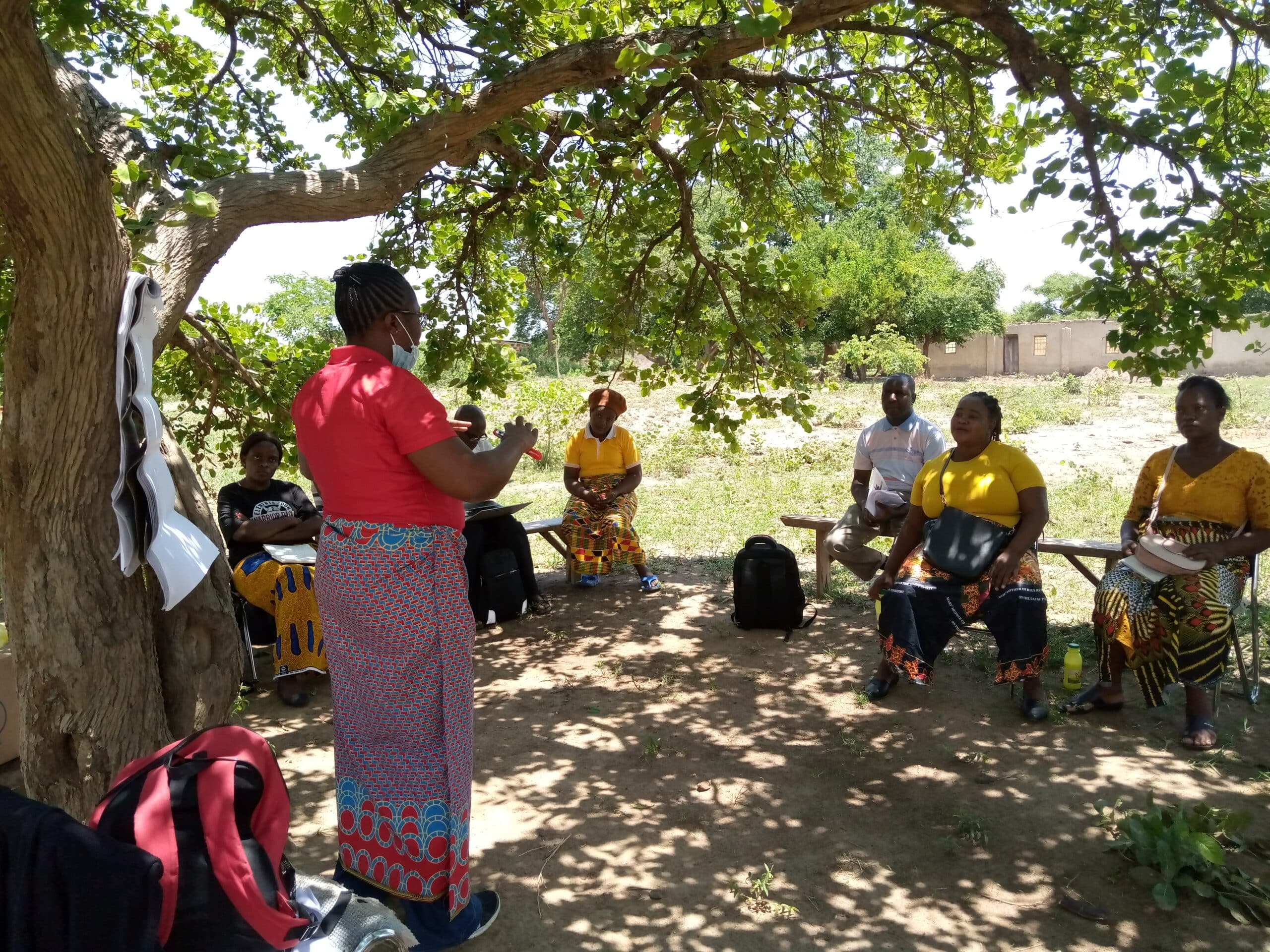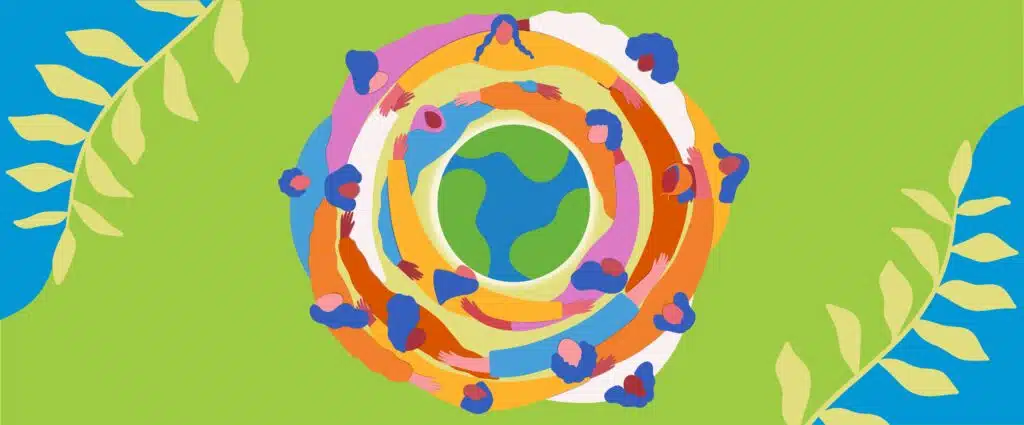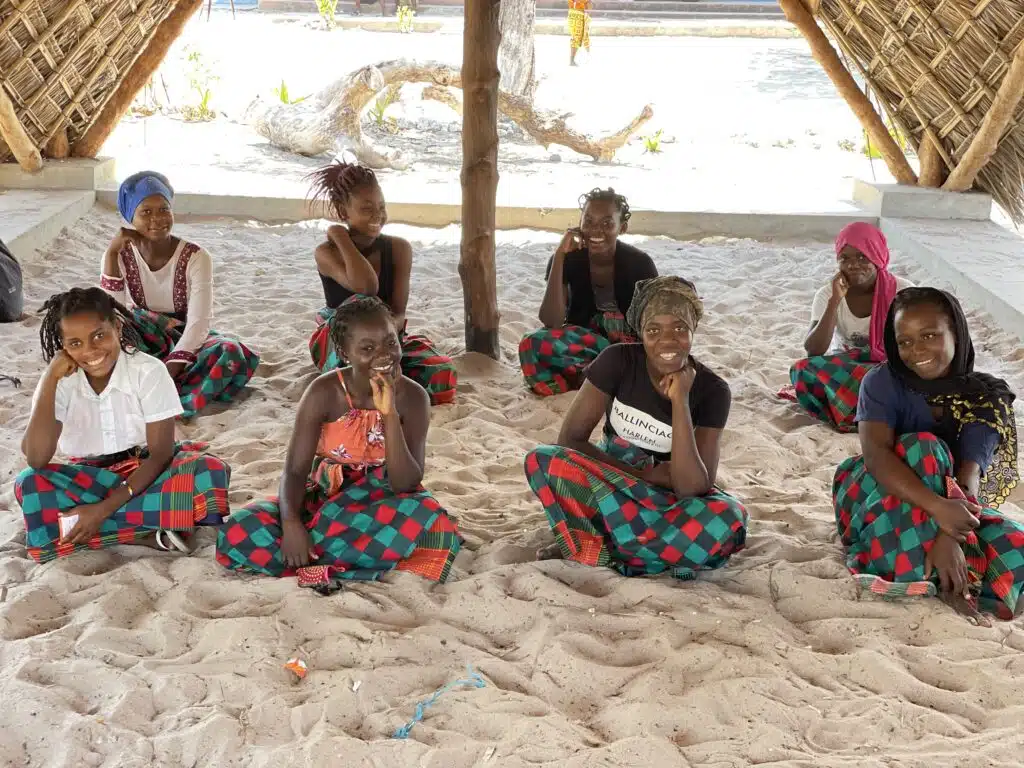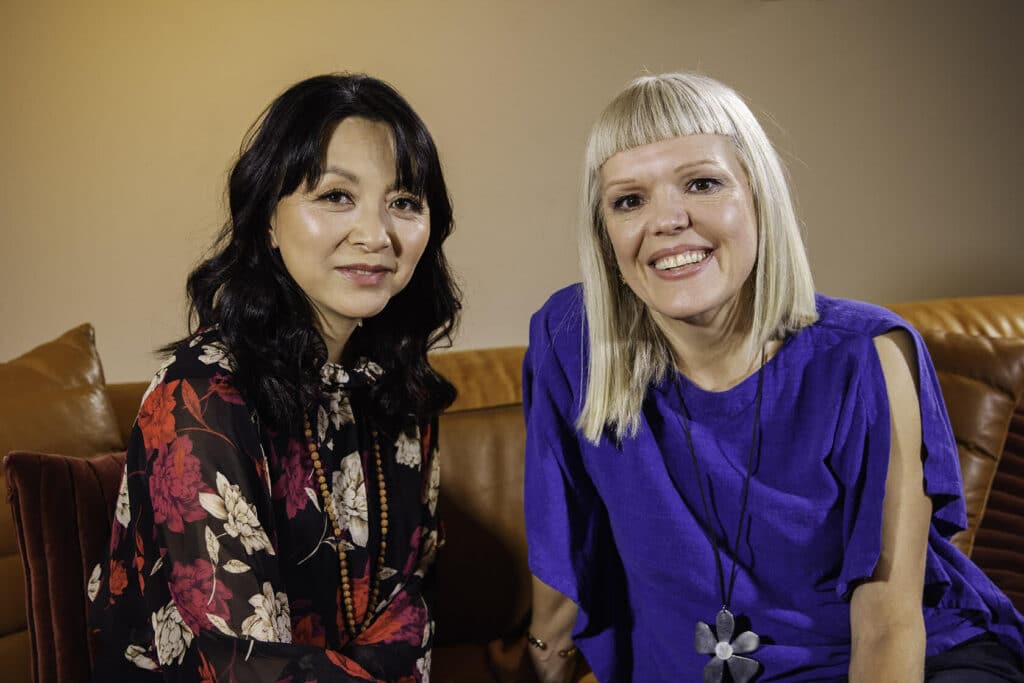‘Health Entrepreneurs improving Menstrual Health and Hygiene (MHH) in Zambia’
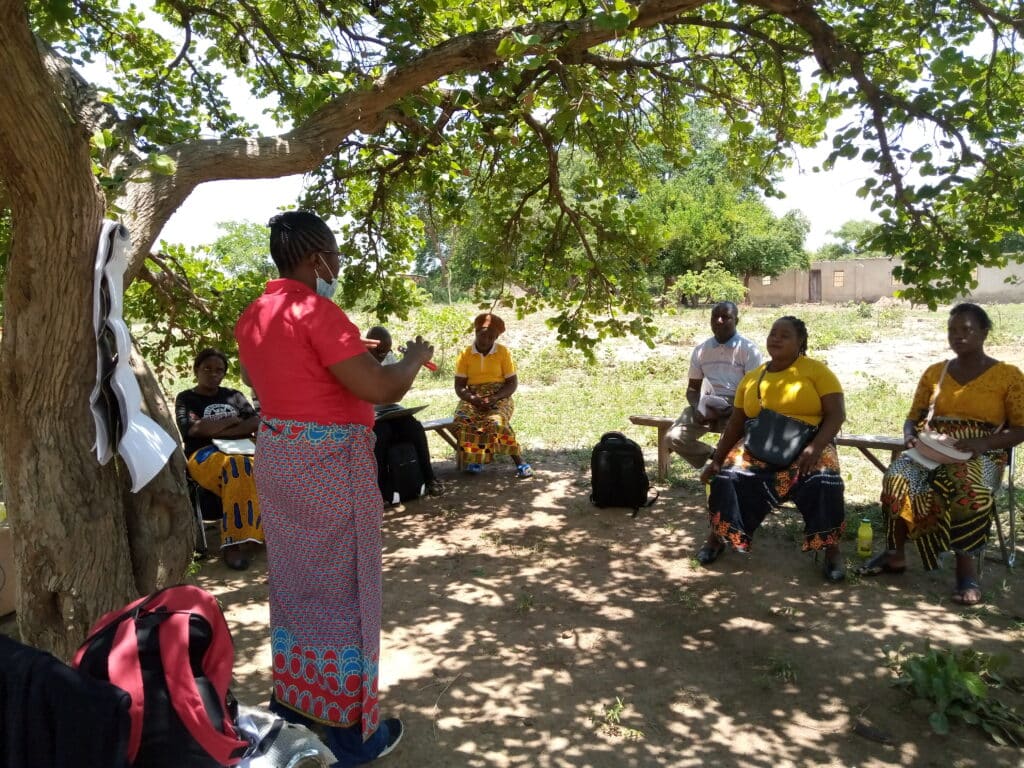
Live Well Zambia is a social enterprise in Zambia that promotes good health, provides access to healthcare products, and improves the livelihoods of disadvantaged communities. This is done through a health entrepreneurs’ model to enable everybody to “Live Well!” They are the official distributor for AFRIpads Menstrual Kits in Zambia and include our reusable pads within their health entrepreneurs offering to the communities.
Since 2016, AFRIpads has been working with Live Well Zambia. We want to recognize them as our Partner of the Month for November. Live Well Zambia has positively impacted the health of 23,493 women and girls through the provision of AFRIpads Menstrual Kits.
We spoke to Ricky Phirri, the Operations Lead at Live Well Zambia, on Menstrual Health and Hygiene (MHH) and health entrepreneurship.
Live Well has a strong focus on health entrepreneurship. Why did you include Menstrual Health and Hygiene (MHH) intervention in your programs?
Menstrual Health and Hygiene is considered to be a sensitive topic among school-going children especially in certain parts of Zambia. There was a need to educate adolescent girls and women on the importance of safe hygienic practices. Additionally, we needed to create awareness on the importance of access to and promotion of high-quality MHH kits.
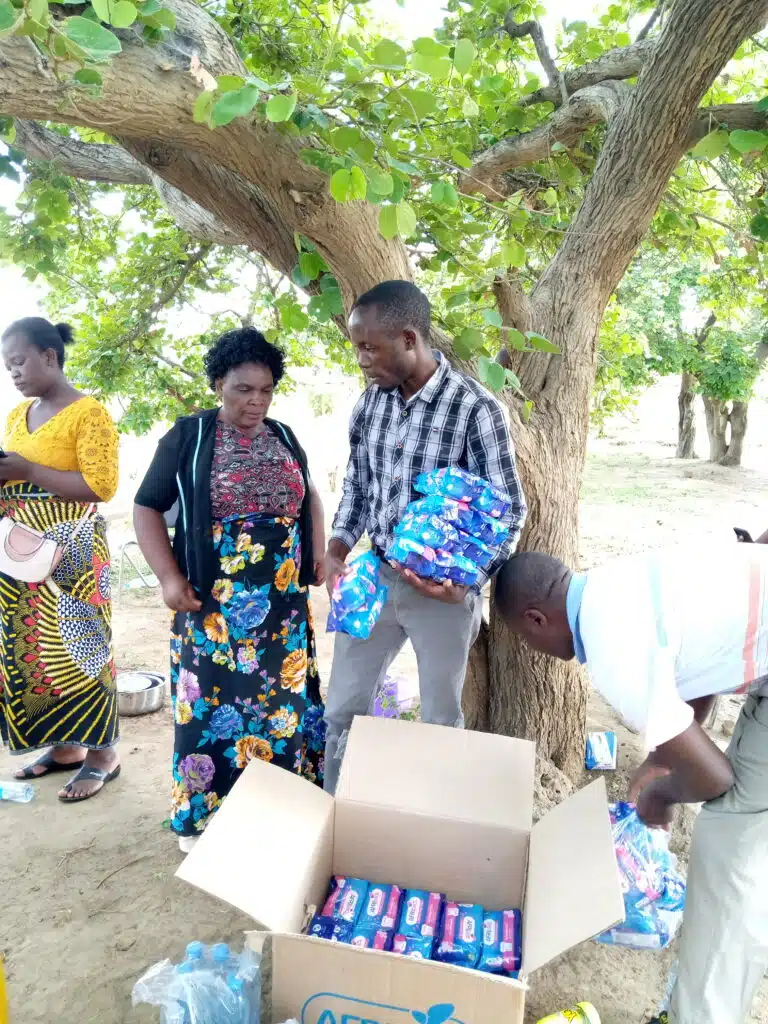
You mention certain parts of Zambia struggle with MHH. Are these the areas you operate in?
Yes. Our MHH intervention is operational in 70 communities across 21 districts of Zambia (and we plan to include more areas). Live Well distributes AFRIpads Menstrual Kits throughout these communities. We selected these areas based on the population density, their location, and the number of girls and women who need information on MHH.
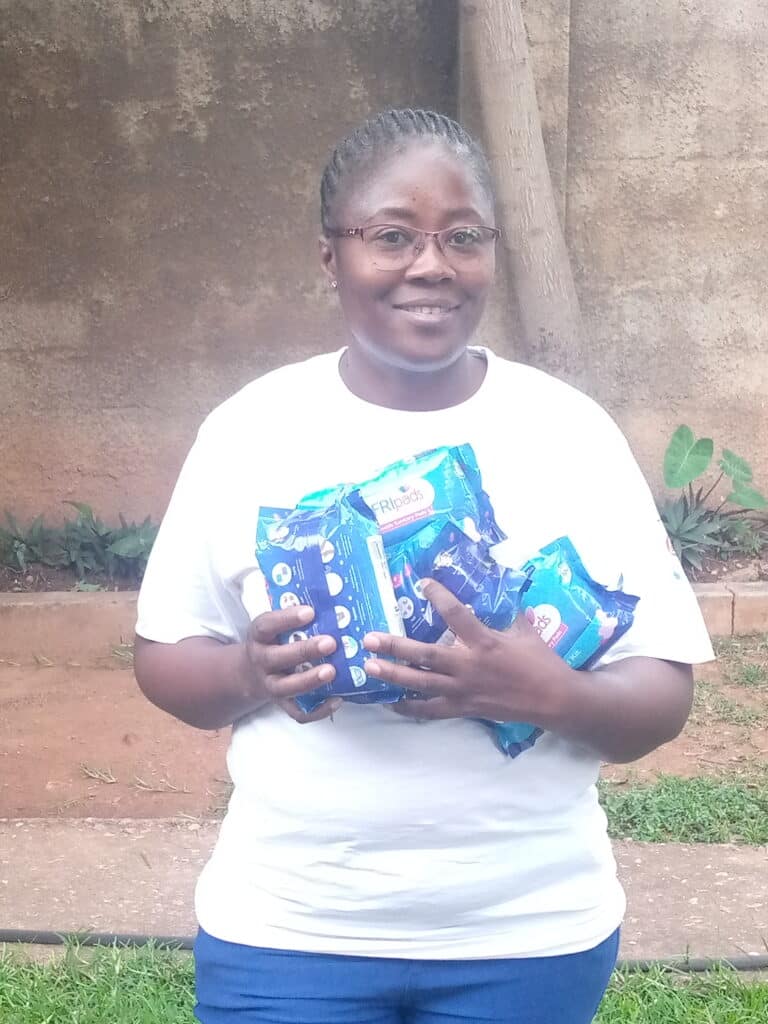
Strength in partnerships
Collaboration is key in MHH to ensure we overcome period poverty. Who has Live Well partnered with to reach over 20,00 women and girls?
Over the years, we have worked with a number of partner organizations and donors but special recognition goes to our partner Prospero (formerly Pep Zambia). Through their support, we have enhanced livelihood opportunities in the rural areas of the Eastern province of Zambia. As a result we trained over 200 new community-based volunteers through the health entrepreneurship model.
How does improved Menstrual Health and Hygiene improve the livelihoods and wellbeing in the communities?
Menstrual Health and Hygiene is important in improving women’s and girls’ lives. I can best sum this up with a testimony from Agnes, a beneficiary in Chilonga Hospital, Muchinga, she told me:
“I always used to find myself short of cash when my period starts. Now, that I have discovered AFRIpads, I will continue buying these as they are cost-effective, last longer, and are very soft.”
Bridging the Menstrual Health and Hygiene Gap
We are proud distributors of AFRIpads in Zambia because of their high quality products, that any organization would want to distribute. Live Well’s distribution model ensures that we provide service and impart health knowledge to the most disadvantaged individuals and communities.
There was a lack of menstrual hygiene products especially in the rural parts of the country. AFRIpads has helped us bridge this gap.
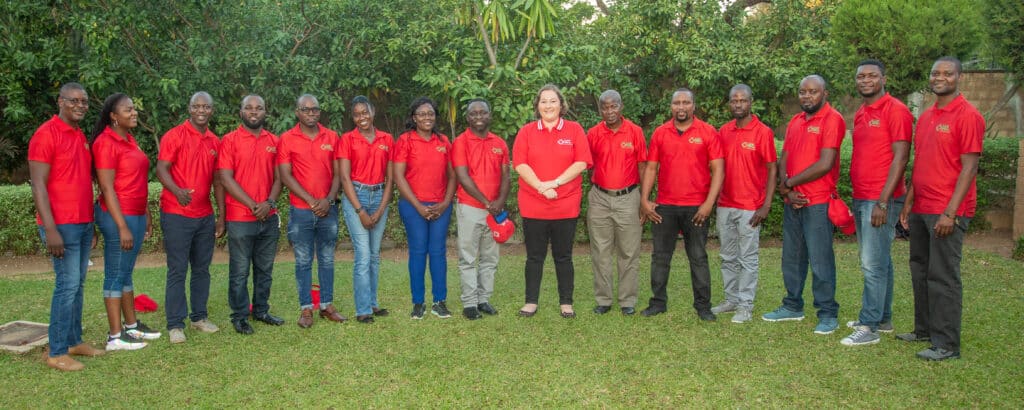
Thank you Live Well Zambia for sharing your interesting story of how health entrepreneurship has positively impacted Menstrual Health and Hygiene and communities.
